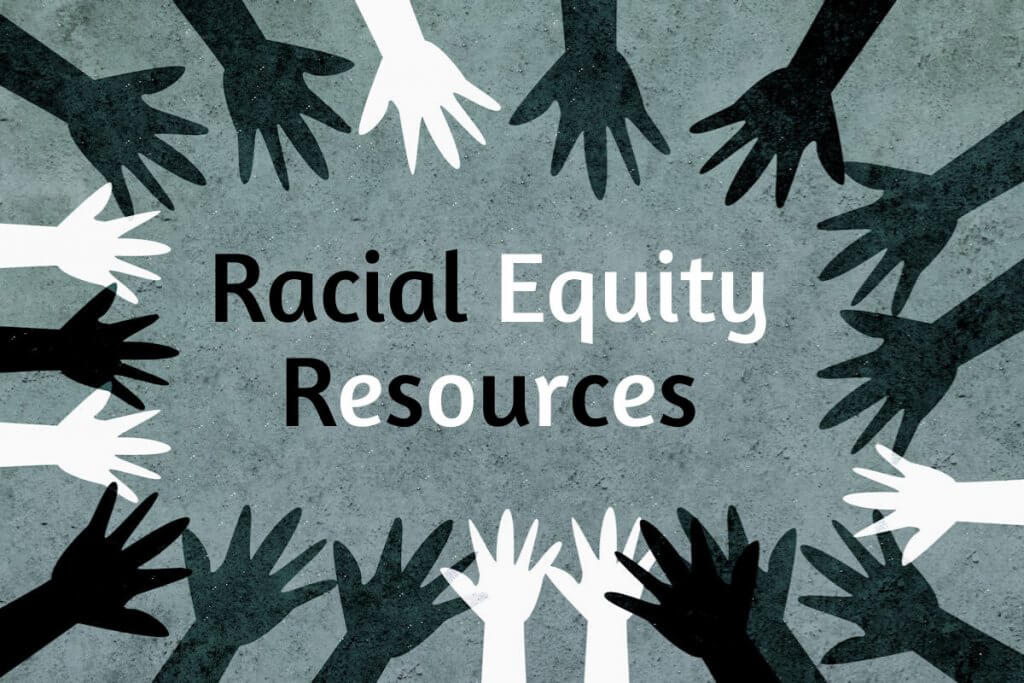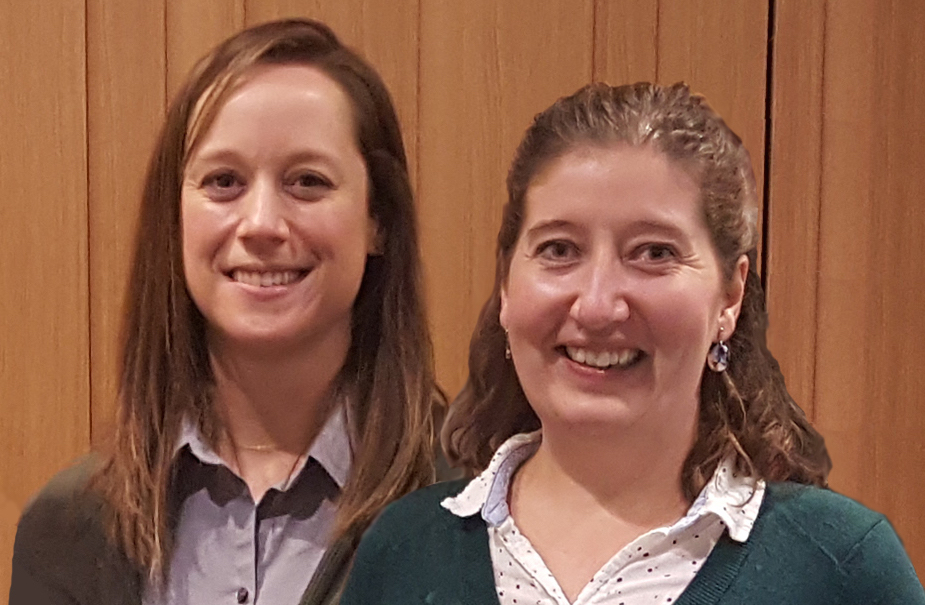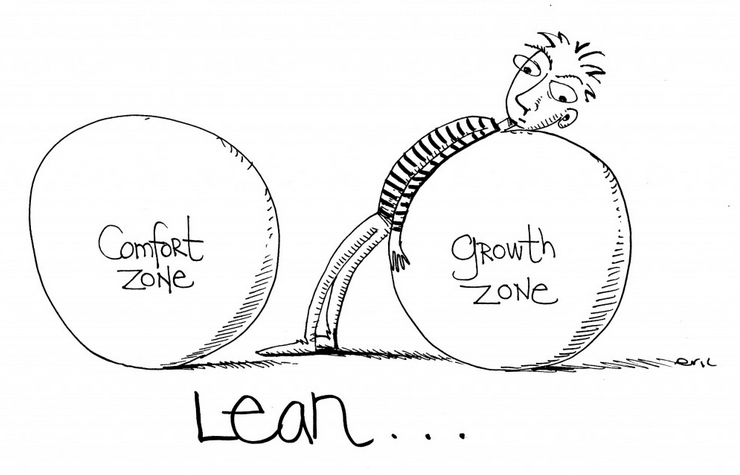13 Feb Equity in Grants Series: Building Your Toolbox by Kellie Brungard, GPC
Posted at 19:00h
in Competency Seven, Equity, Kellie Brunguard, Professional Development, Professionalism
Every February, the U.S. honors the cultural heritage, adversities, and African American leaders and movements that have shaped the nation. President Gerald R. Ford officially recognized Black History Month in 1976, calling the nation to “seize the opportunity to honor the too-often neglected accomplishments of Black Americans in every area of endeavor throughout our history," History.com reports. As part of a series throughout Black History Month, Assel Grant Services will provide various resources on racial equity to help grant professionals become better equipped to guide their organizations towards more equitable services, find funding, and better articulate into grant proposals the Diversity, Equity, and Inclusion (DEI) work their organizations are already doing. Topics include writing with an equity lens, resources for your toolbox, measuring progress, and funding opportunities.
In this blog, we will dig deeper into the various resources available to help you build your own toolbox of racial equity assessments and information. These tools will enhance your DEI knowledge and how it relates to your organization and community served.










